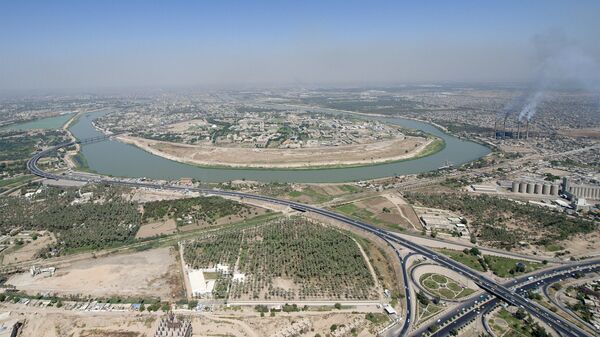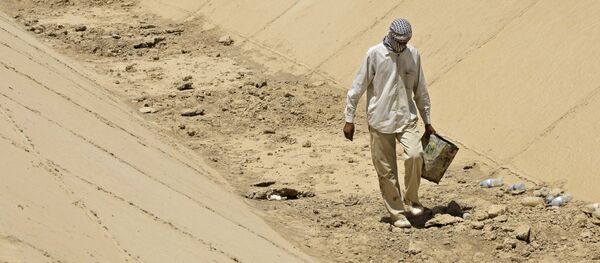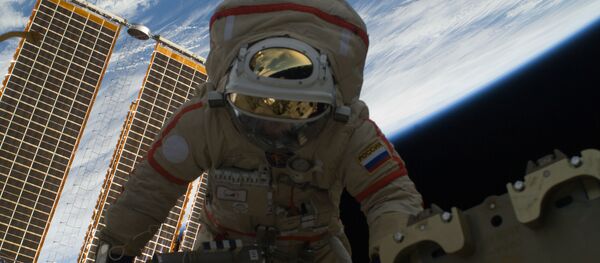NASA scientists have published a study that shows which areas of the Earth are suffering the most severe lack of fresh water. It was based on data collected during the satellite mission Gravity Recovery and Climate Experiment, to monitor the fresh water situation for the period from 2002 to 2016.
According to the report, Turkey has constructed 22 dams over the past 30 years. In an interview with Sputnik, Dursun Yildiz said that Turkey was on the contrary making an effort to resolve the water crisis.
“The water balance in the region, despite the efforts made by Turkey over the last 30 years eventually fell victim to the failed cooperation between regional players,” Yildiz said.
“This report was prepared not by Turkey, but by the UN. However, the atmosphere of instability and mutual distrust that reigns among the countries of the Middle East impeded the establishment of dialogue in all spheres, including the use of water resources,” Yildiz said, referring to the NASA report.
According to him, everything is moving toward the fact that the usage of water resources in the region in the near future will once again become one of the key policy issues of regional security.
“A large share of responsibility lies on the shoulders of the international forces, which by their actions doom the region to instability,” he added.
“One of these players is the Kurdish regional administration of Iraq, the other is Iran, and which players are designated in Syria is still unknown,” Yildiz said.
Talking about whether Iraq's provision of providing oil to Turkey in exchange for water is possible, he said, "This is a very realistic approach.”
“A positive impact on the hydro-politics of the two countries will be provided at every step on the way to build up relations with each other, to develop mutually beneficial cooperation,” the expert said.
Yildiz further said that ultimately, the Middle East must demonstrate the will to self-manage its oil and water resources.
“Delaying this process will only lead to an aggravation of the problem, as we are experiencing a period when, without mutual trust and respect for each other's interests, it is not possible to achieve a solution to the water crisis,” Yildiz said.
According to him, water in exchange for oil is only one of the possible components of the global task of enhancing regional cooperation based on mutual interests.







